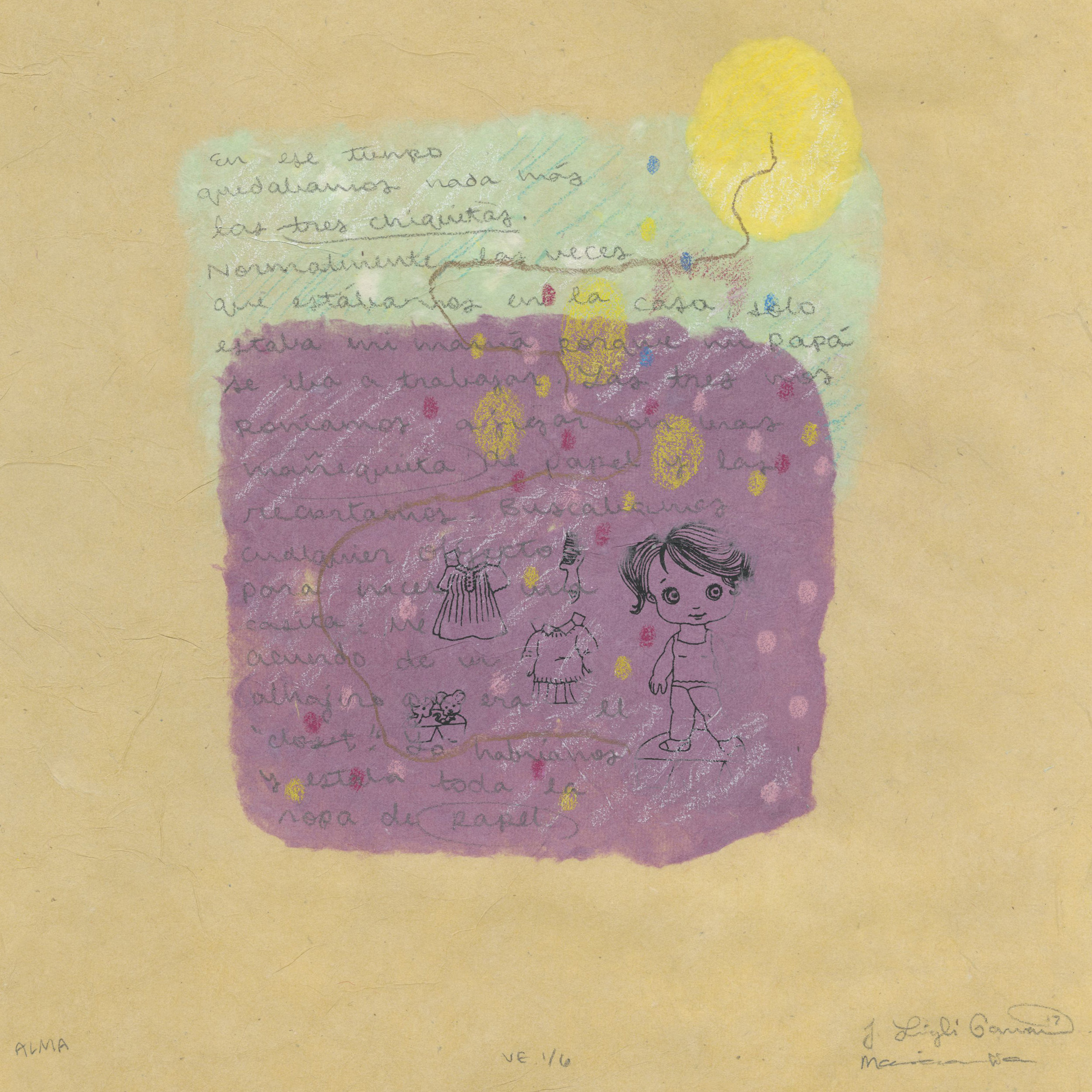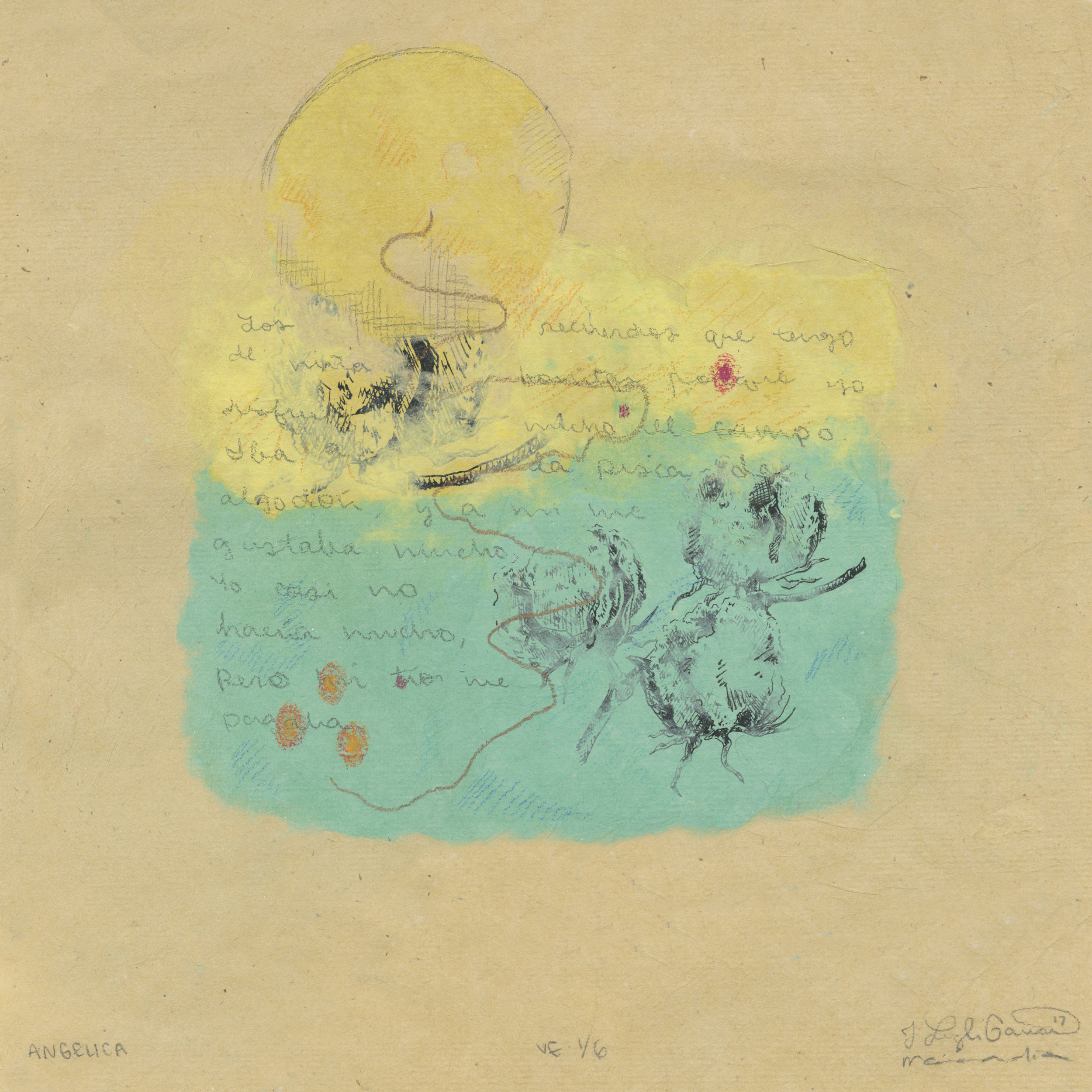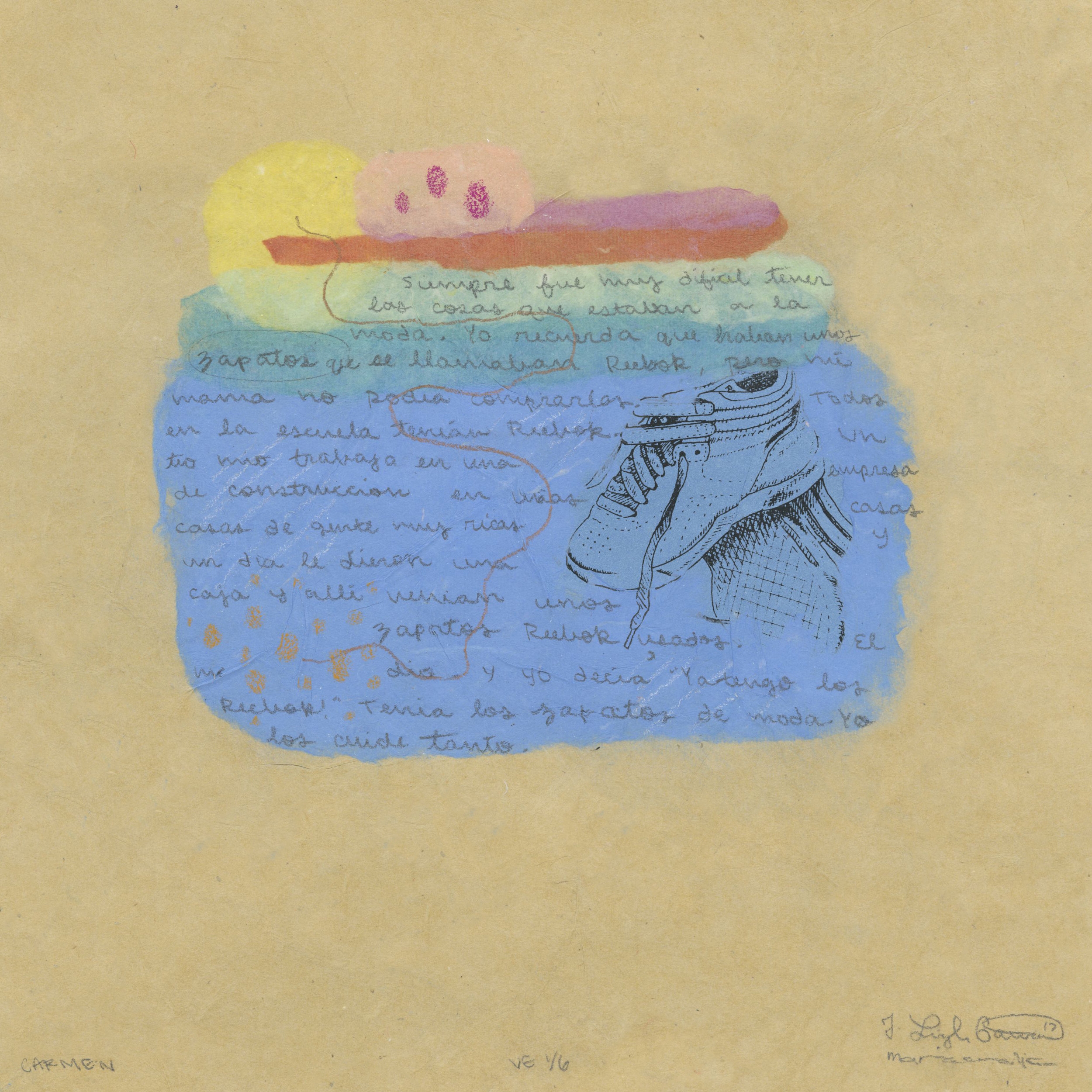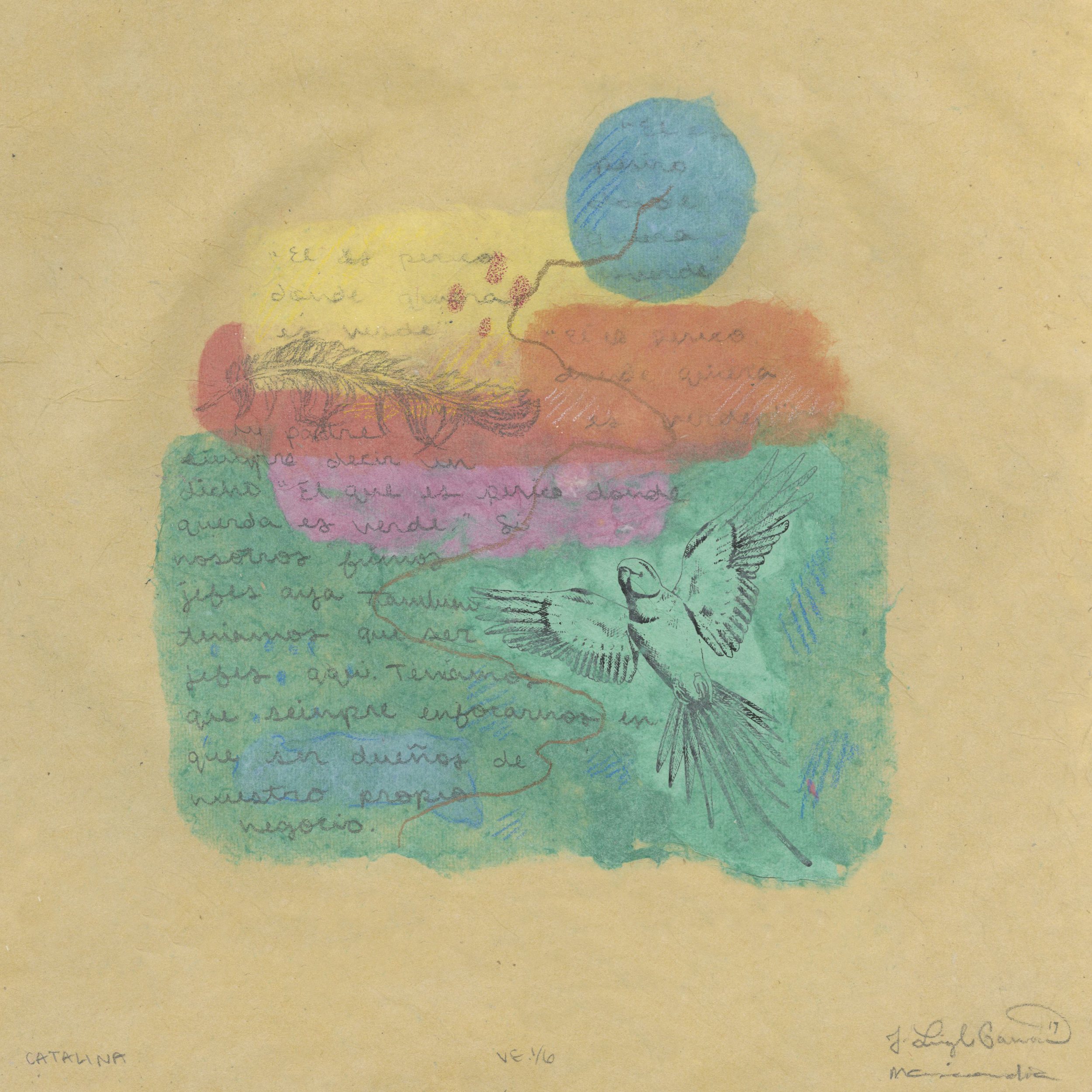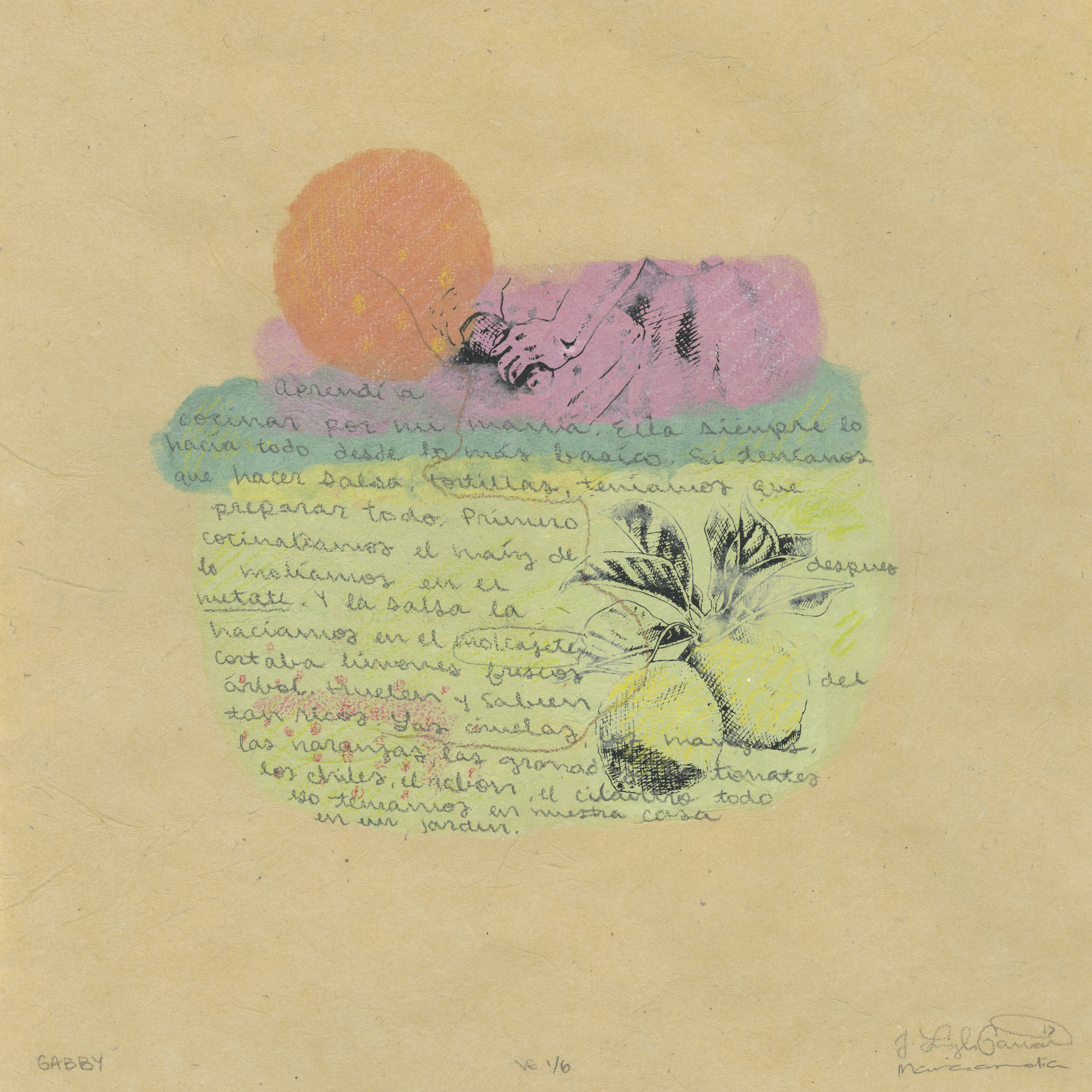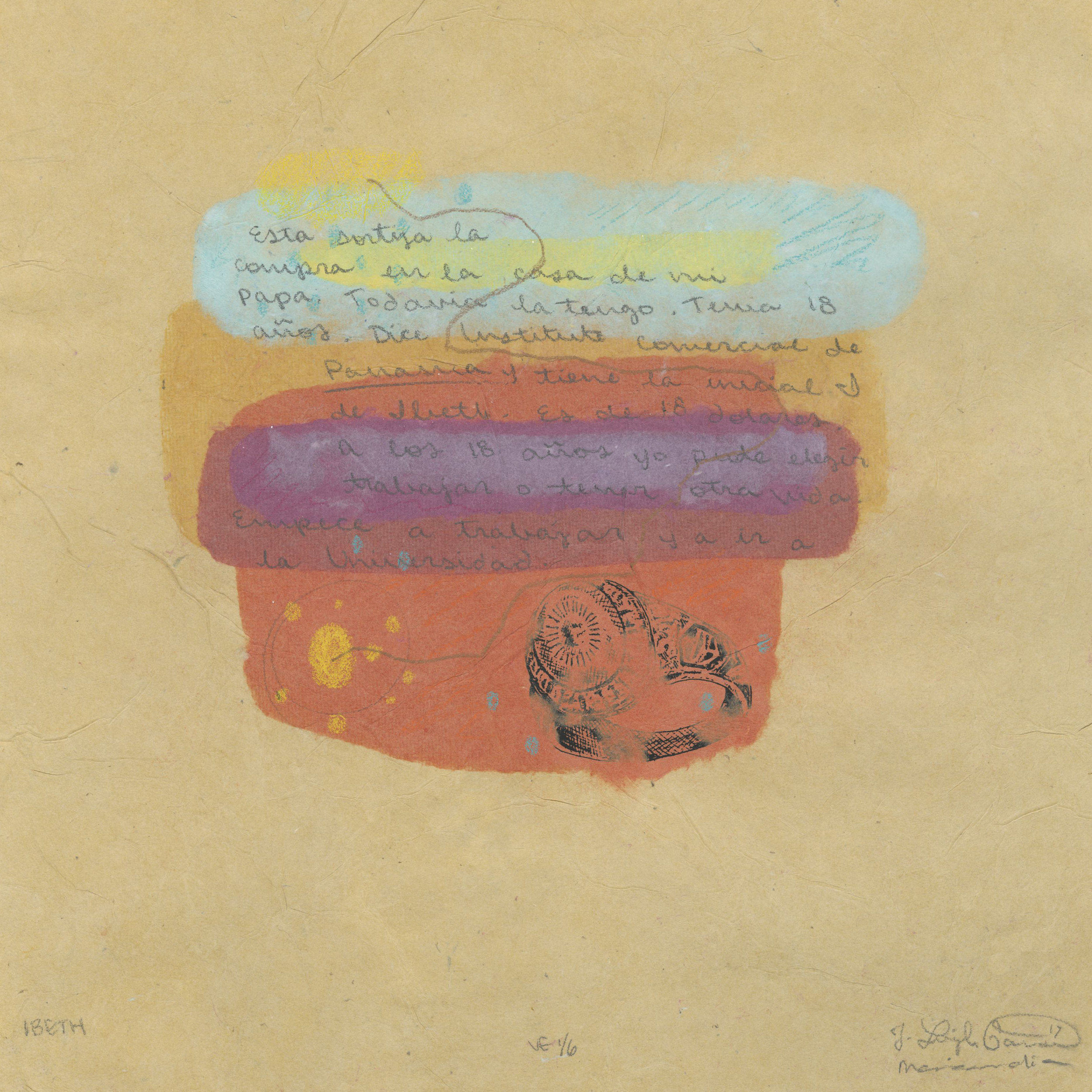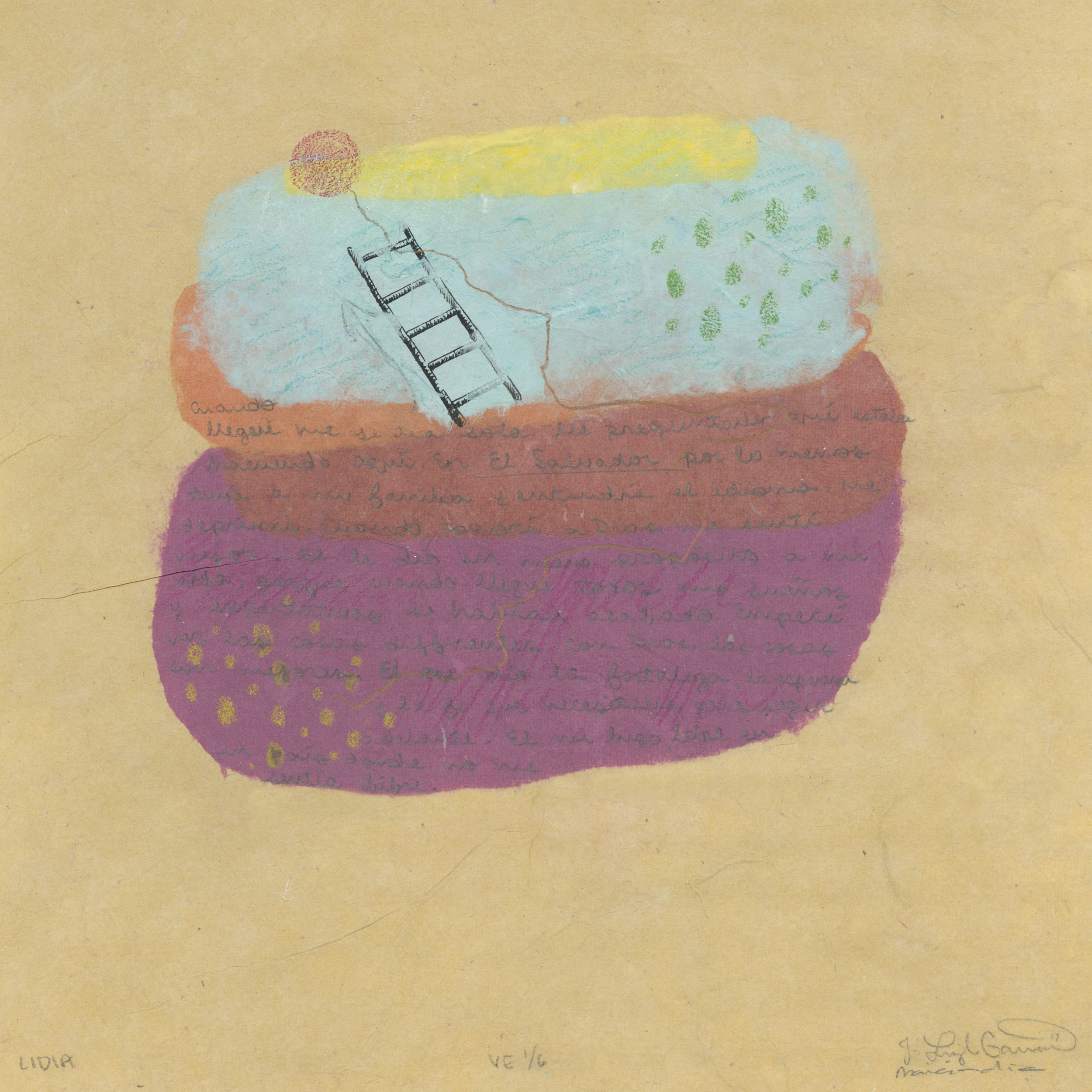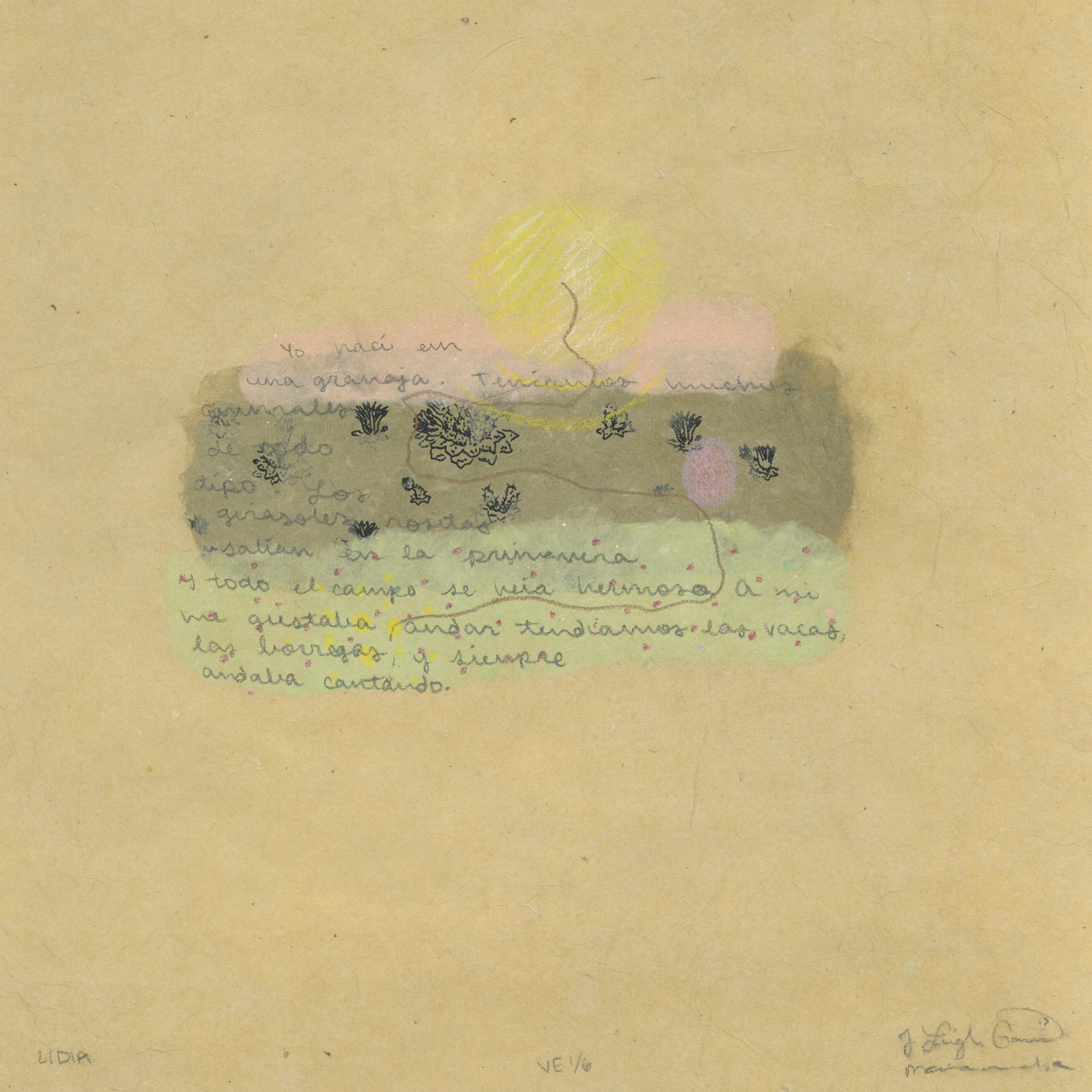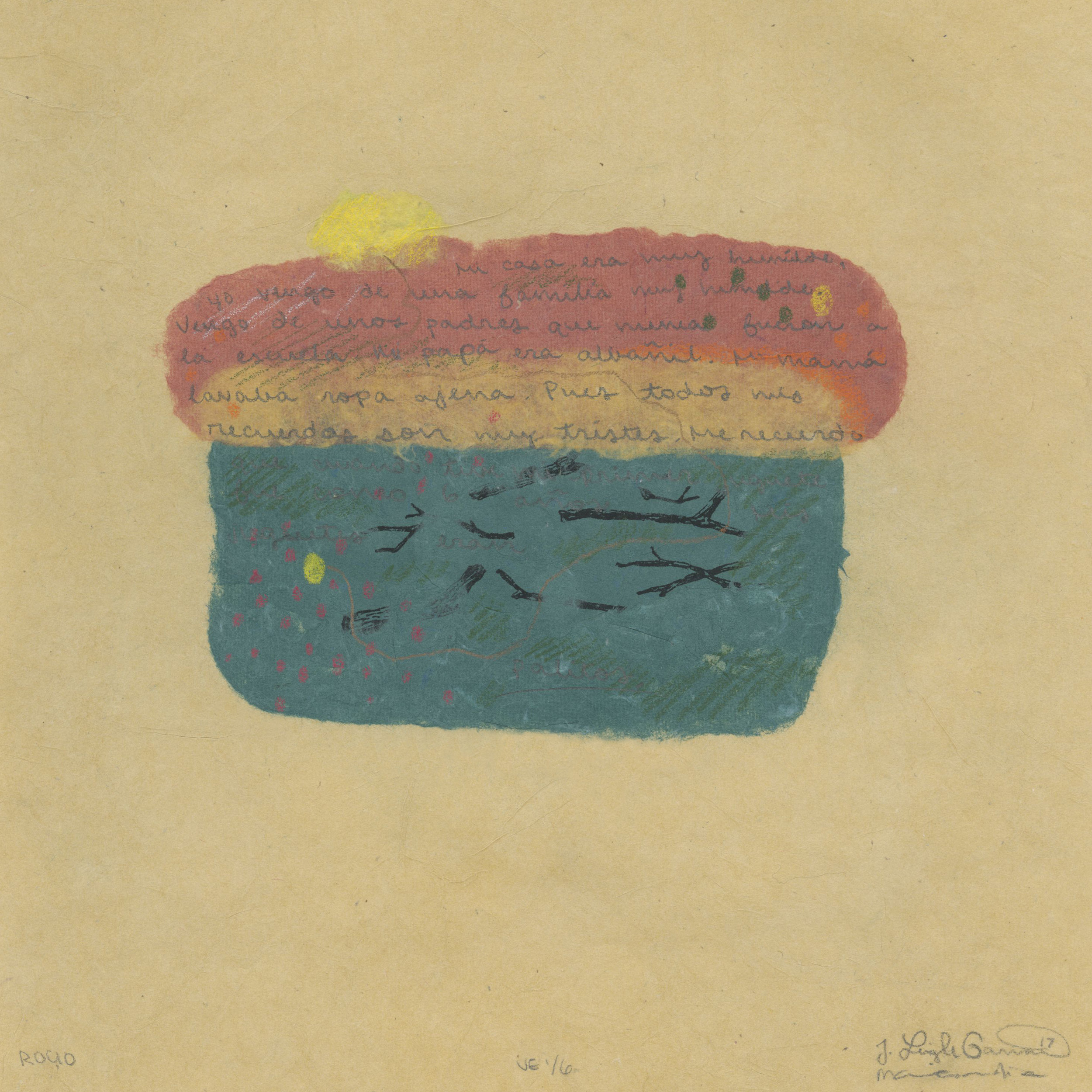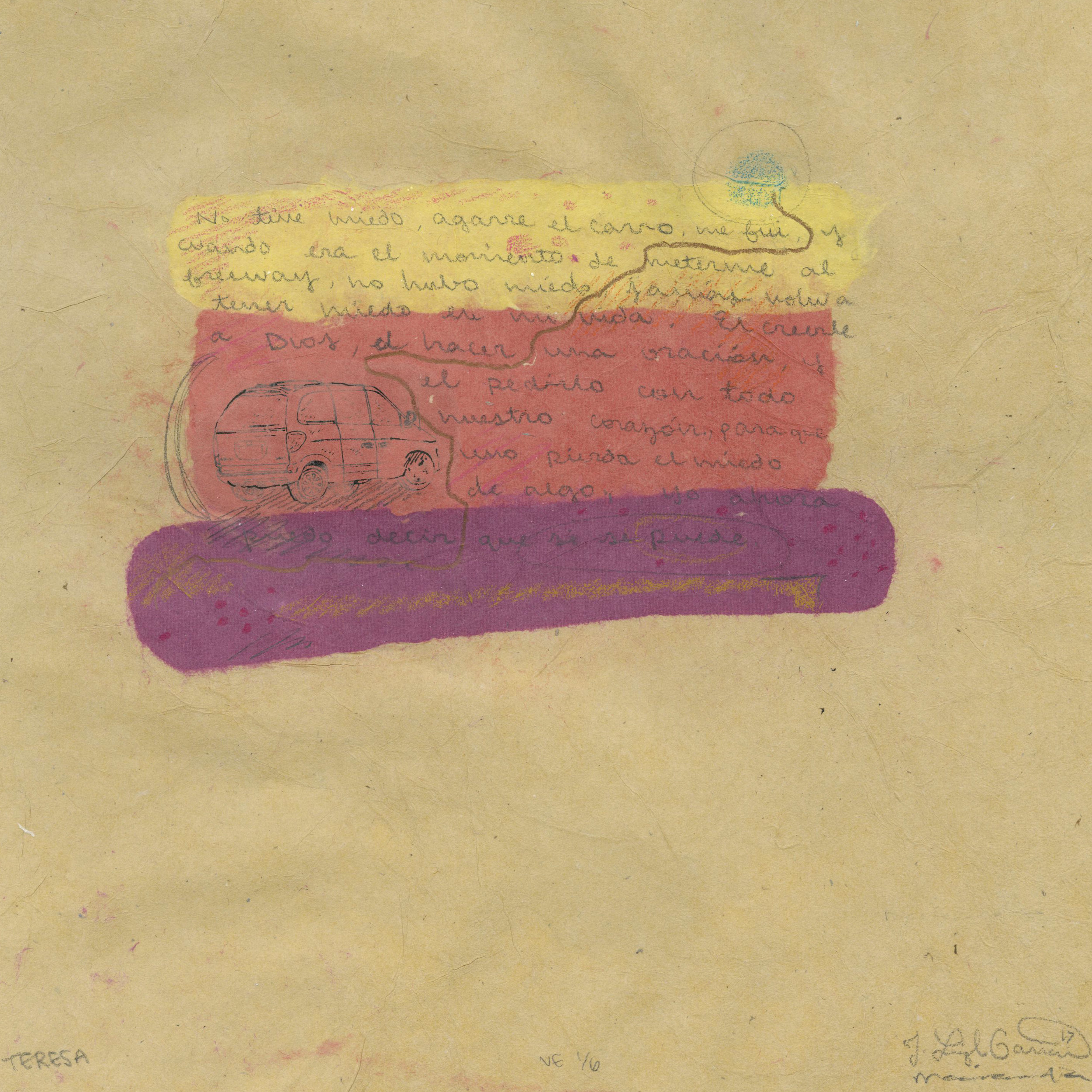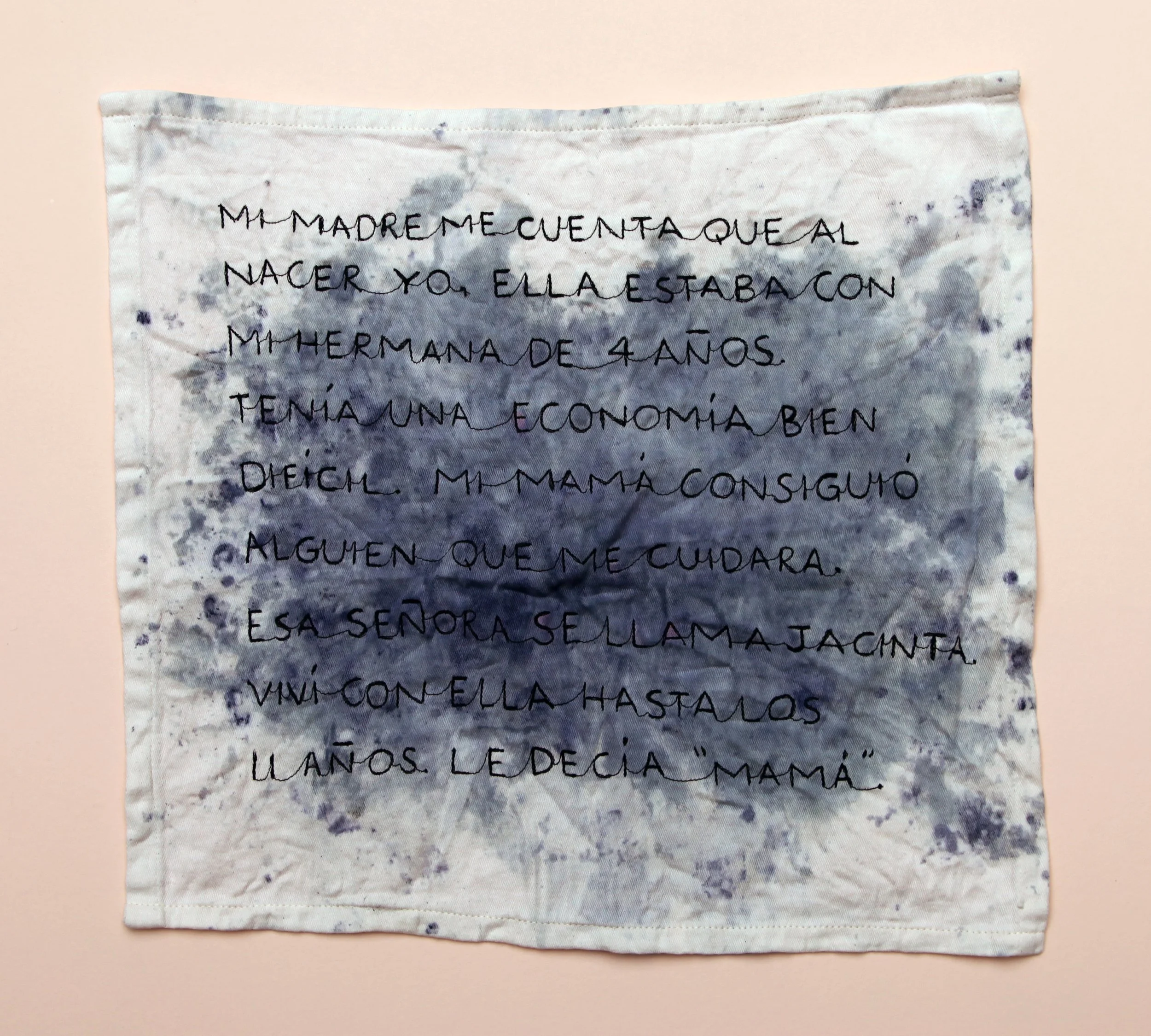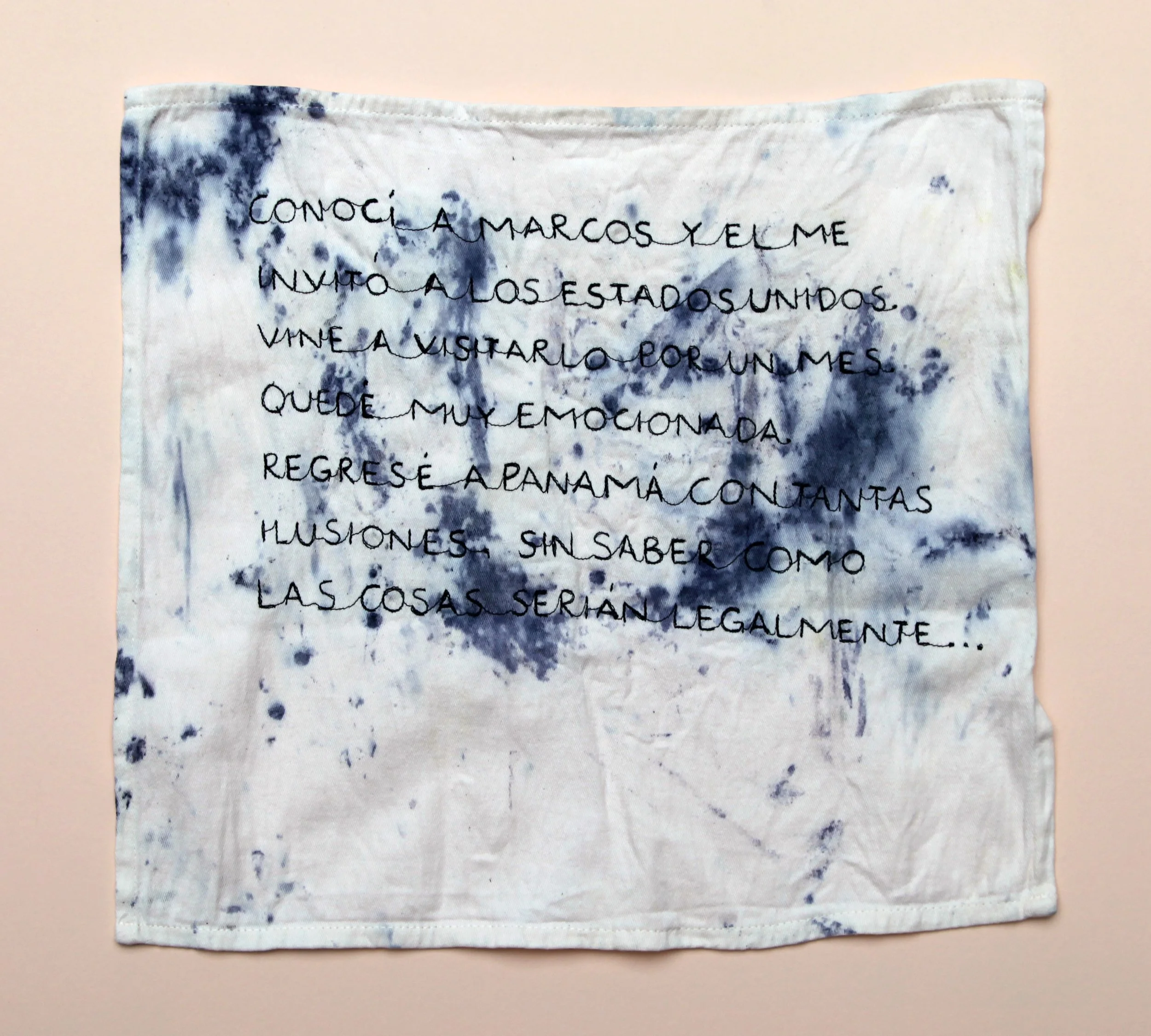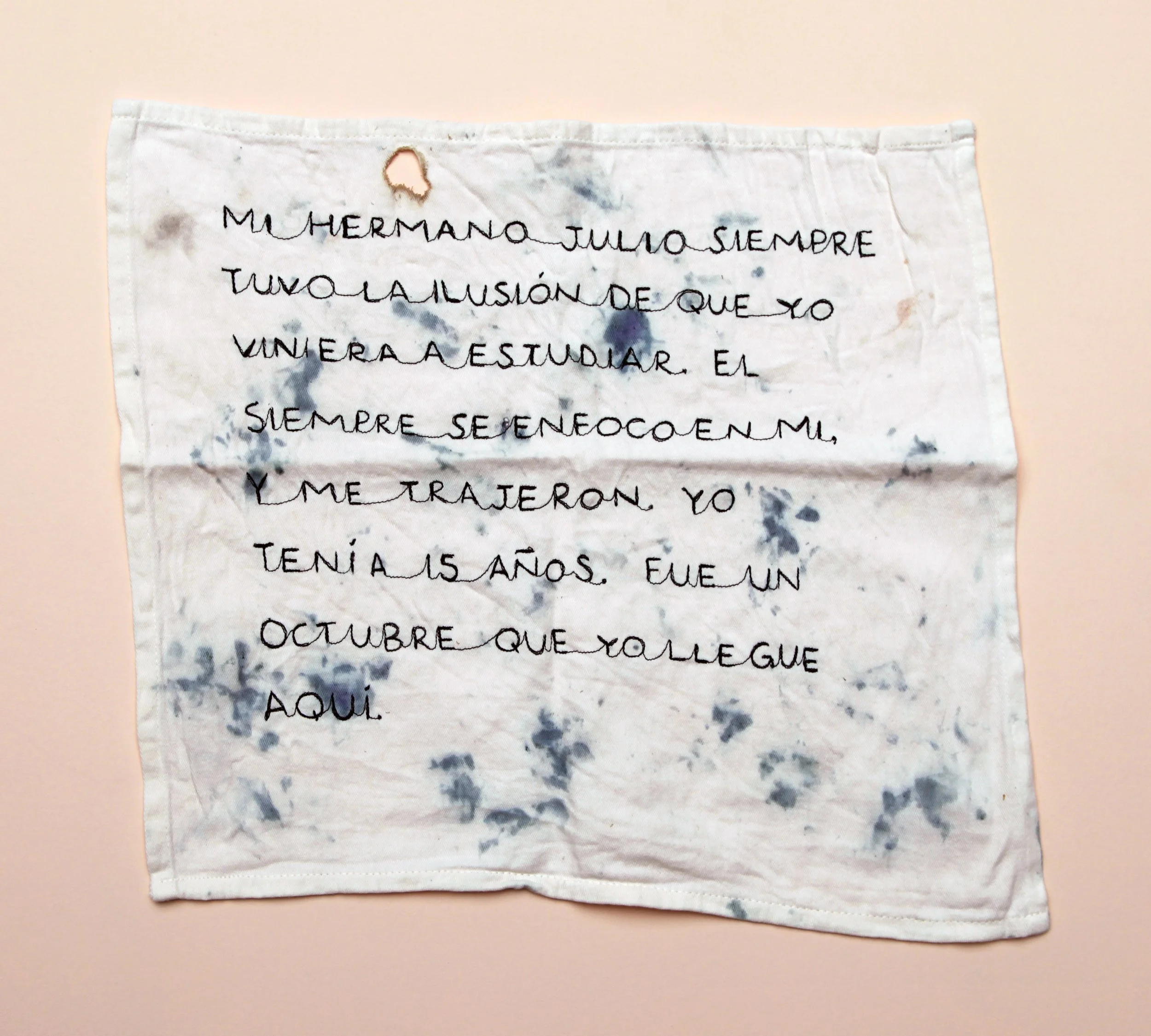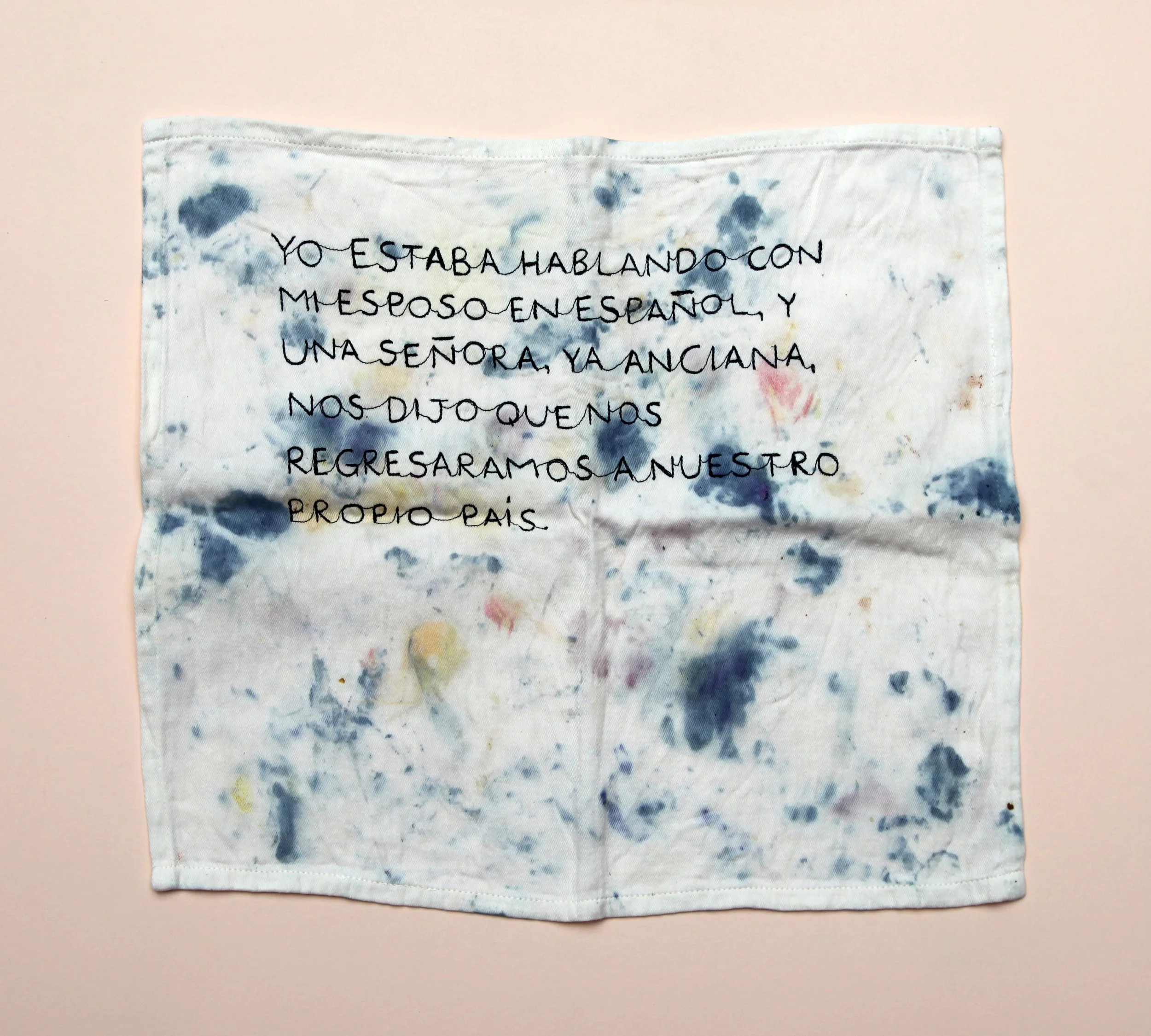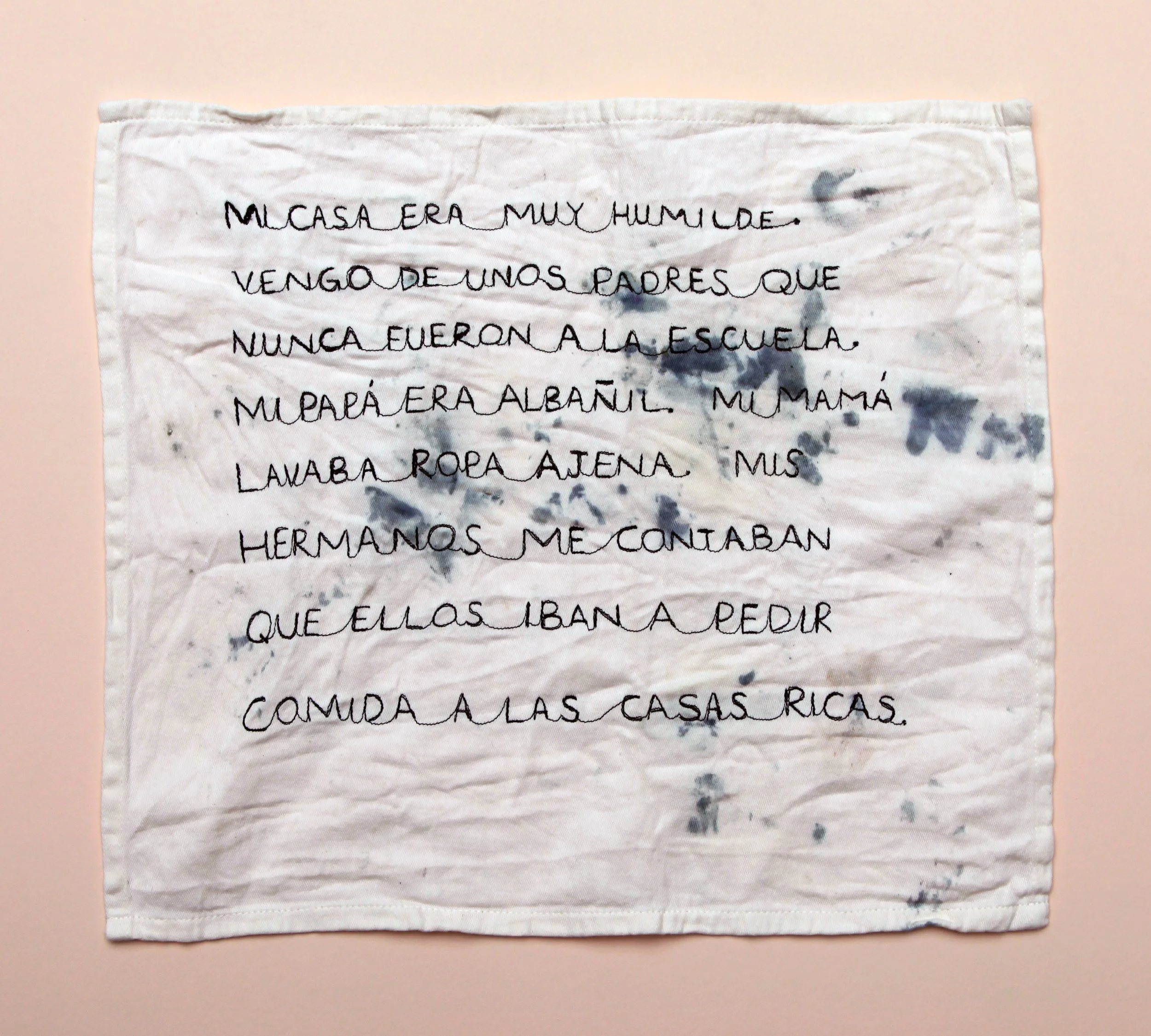Soñé una Milpa: A Collaborative Project

A milpa is an intercropping system traditionally used by present day Mayan farmers in Mexico and Central America. Diversity is one of the most important elements used in this kind of crop-growing system. Corn can be grown with beans, squashes and other pumpkins. The project name implies dreaming of place where diversity is celebrated as well as dreaming of a place that was once considered home.
Soñé una Milpa (I dreamed of a Milpa) is a collaborative art project that acknowledges and celebrates the important, though often hidden experience of Latina immigrant women. During the summer of 2017, J. Leigh Garcia and I interviewed ten Latina immigrant women from the Madison, WI community. After being invited into these women's homes, Leigh and I were treated to corn-based meals from each woman’s home country while listening to the women share their stories. These meaningful conversations inspired a body of artwork informed by the women's narratives.
BOSQUEJOS DE UNA MEMORIA
J. Leigh Garcia and Maria Amalia
Screen prints, abaca handmade paper, graphite, color pencil
11” w x 14” h (unframed)
2017
Using hand-made paper and printmaking processes, Leigh and Maria responded to the women's memories. Their collaborative approach to making the work created a space for critical dialogue surrounding what it means to make art within a social practice. Leigh and Maria hope that Bosquejos de una Memoria (Traces of a Memory) will create interest in stories of immigration, thus inspiring respect for these women and their valuable life journeys.
Manchas
In Spanish we often hear the phrase “vida manchada” (stained life) when referring to someone who has committed a crime. Filthy and unwanted, stains have negative associations. I see similarities to the associations placed on undocumented immigrants. Manchas (Stains) is an artist book made with embroidered cloth pages that carry evidence of marks made at the Soñé una Milpa party.
In this work, the meaning of stains is transformed from something unwanted to a celebration of the valuable and resilient life journeys of Latina immigrants and their families.
Like a simple tablecloth or napkin, relegated to the background during a meal, Latina women grow up in a “machista” culture feeling insignificant and devalued. Dirty stains and labor intensive embroidery on a napkin question the value placed on objects, art, and on personal lived experiences.
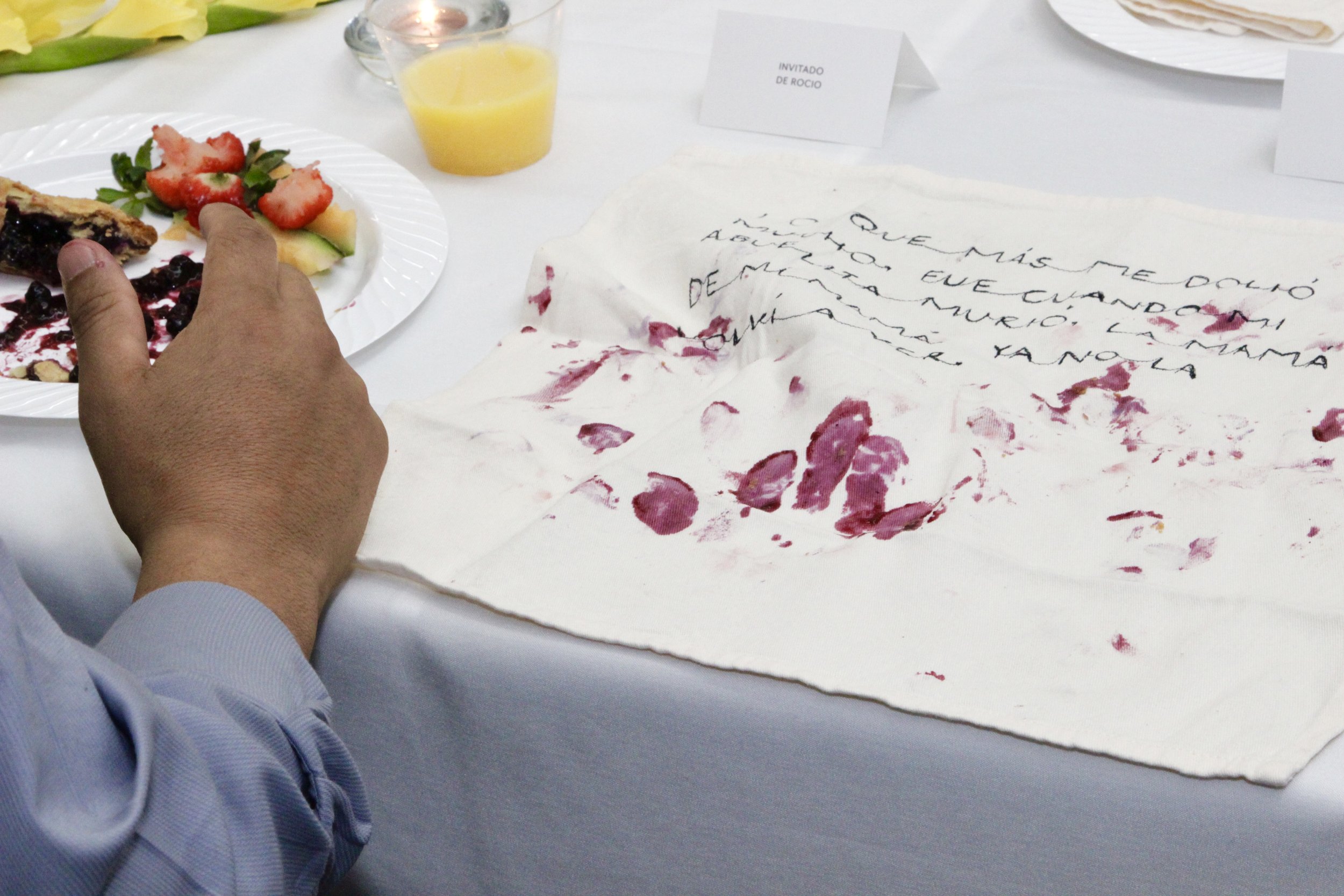
50 Napkins embroidered by Maria Amalia and stained by participants at the Soñé una Milpa Party with huevos rancheros, salsa verde, fruit, blueberry pie, orange juice, and coffee; some have burn marks
16”x14.5” (individual napkin)
2018
Photo credits: Aliza Rand
This project would not have been possible without the participation of ten resilient Latina immigrants who were willing to share their vulnerable stories. We are thankful to these women for opening their homes and their hearts to us:
Rocio, Gaby, Ibeth, Teresa, Angélica, Lidia A., Lidia S., Carmen, Catalina and Alma.
We are deeply grateful for the guidance and mentorship provided by the faculty at the University of Wisconsin in Madison; having their encouragement and critical feedback made this project successful. We are indebted to the Professors in the School of Human Ecology: Mary Hark, Carolyn Kallenborn, and Marianne Fairbanks and to the Professors in the Art Department: Jim Escalante, Laurie Beth Clark, Faisal Abdu’Allah, Emily Arthur, Aristotle Georgiades, John Hitchcock, and Fred Stonehouse.
It was an honor to be the recipients of the David & Edith Sinaiko Frank Fellowship for Women in the Arts, their generous support provided financial assistance for video documentation of the project and to host a celebratory event for the Latina women and their families. All the videos for this project were produced and edited by Aaron Granat, a Professional videographer for the Arts Institute. We appreciate all the time and dedication he invested in this project.
We are grateful for the support of the STAR (Summer Time Academic Research) Award through the School of Human Ecology. We would not have been able to cover the costs of the materials needed to make the body of work inspired by the womens' narratives.
Through the UW LATIN AMERICAN AND CARIBBEAN STUDIES Travel Research Award, we had the opportunity to visit Oaxaca, Mexico to learn new papermaking techniques and meet with a group of women who make work about their personal family experiences with immigration. Thank you for your support!

